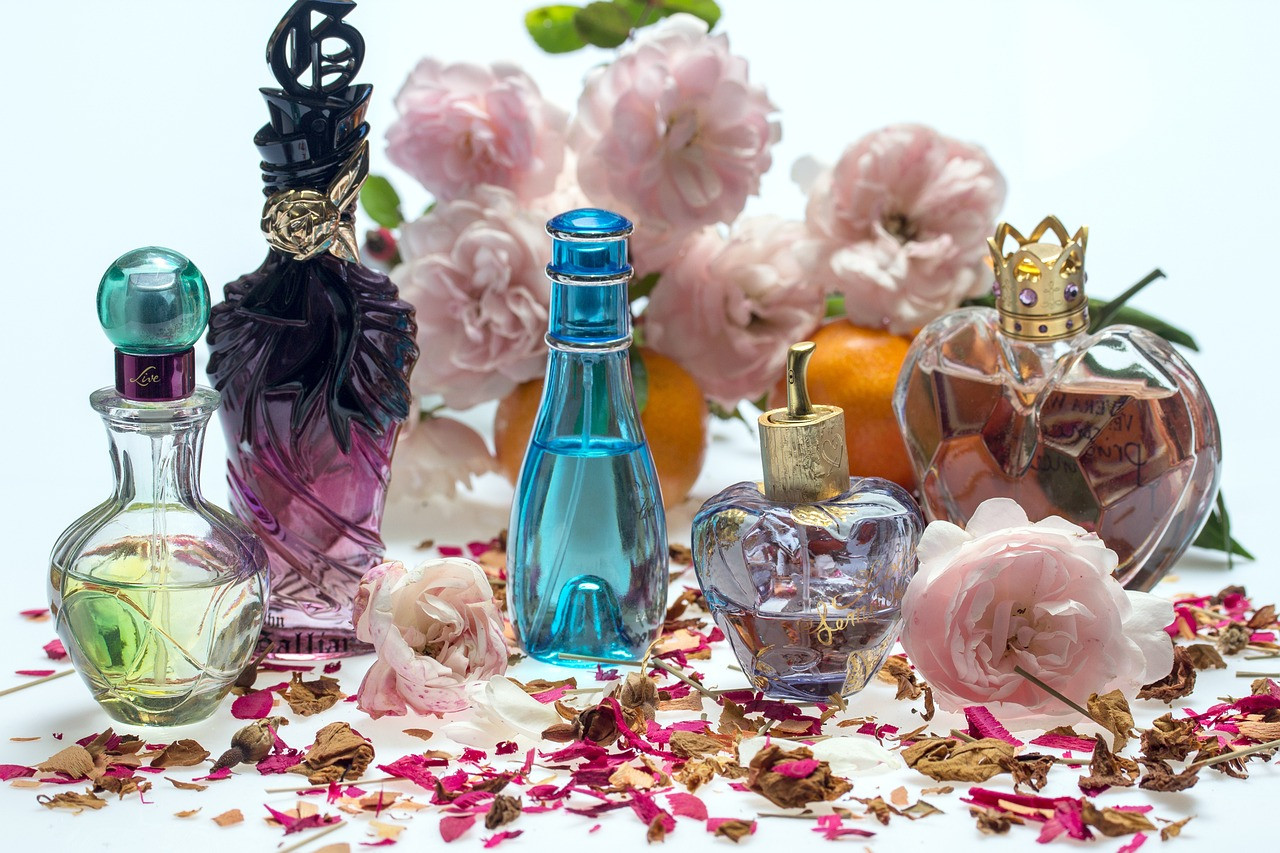
If you pay attention to ingredient labels, you'll see "fragrance" a lot! It's in everything from cleaners to laundry soap to skin care. While a lot of other ingredients may sound more dangerous than fragrance, it is an important one to know about and can actually simplify your non-toxic journey quite a bit!
What is Fragrance?
The first thing you should know when you see the term "fragrance" or "parfum" on an ingredients label is that it's not actually an ingredient – at least, it's not a singular ingredient. Under proprietary laws, the company doesn't have to disclose the exact ingredients in their fragrances, and they can include more than 3,500 individual compounds.
Now, I'll admit I haven't read or researched all of those – not even close! But I did scroll through and read a sample from every several pages. Here are some of the toxins that I recognized from that sampling:
- aluminum – negatively affects numerous human organs
- dl-compounds – the dl prefix means they're synthetic
- polysorbate 20/60/80 – linked to cancer and reproductive and developmental toxicity
- propylene glycol – an antifreeze, found in vapes, banned in the European Union, and linked to numerous health conditions
- turpentine – also known as paint thinner
- mineral oil and other petroleum-derived ingredients – petroleum has many negative effects on the human body
And then, there are items like "1H-Pyrazole-3-carboxylic acid, 4,5-dihydro-5-oxo-1-(4-sulfophenyl)-4-[(4-sulfophenyl)azo]-, trisodium salt." I don't know what it is, but I'd wager a guess that it – or one of the several hundred others like it – isn't good for my body.
The list contains many phthalates and endocrine disruptors, and nearly 1/4 of the ingredients on the list rate as moderate or high hazards.
What Are the Risks?
Since the term "fragrance" covers such a wide range of toxic ingredients, the side effects include just about anything you can imagine.
Most common are respiratory effects like asthma and coughing. However, some of those ingredients have more serious effects, including cancer, dementia, reproductive toxicity, and more.
Is Fragrance Safe? How Can You Know?
You can't know. That's the whole point. A company could use only clean ingredients from the list or only toxic ingredients, and you have no way of knowing.
It's my feeling that companies using natural sources of scent will list those ingredients on the label instead of using the umbrella term "fragrance." I've seen some labels that list several essential oils and then "fragrance." That's a sign to me that they want to appear cleaner that they actually are. I call it "
cleanwashing."
Why Is it Allowed?
Companies use the term "fragrance" so they don't have to disclose the exact ingredients and give away trade secrets. Individual blends of scents or flavors are covered under proprietary laws, and using this umbrella term makes it more difficult for other companies to copy them.
My Fragrance-Elimination Story
I used to be fragrance obsessed. I loved candles and wax melts and would choose my shampoo solely based on how nice it smelled.
After I started cooking from scratch and discovered aromatherapy, I also learned about the dangers of fragrance, and I set out to eliminate it from my home. It took a year to replace the products I used one by one.
What I noticed was the headaches I had around three days each week went away almost completely. I now only get a handful of mild headaches each year, and I can usually tell it's because I didn't drink enough water or get enough sleep.
My almost daily brain fog also disappeared. I never realized how foggy my brain was – only that it was worse some days. Once I eliminated fragrance, I discovered how clear my mind actually was without the toxins poisoning it.
I also used to get horrible sinus flare-ups – usually twice a year – that would leave me unable to breathe through my nose for days at a time. My whole head would be congested, and I was miserable. I have not had a single sinus flare since 2018 when my fragrance-free home journey was complete. They just stopped happening.
What to Use Instead of Fragrance
Avoiding fragrance is simultaneously very simple and complicated.
The easy part is that fragrance is not necessary in any way. You can simply not use fragrance and not have to replace it with anything else like you would with some other toxic ingredients.
However, it gets complicated in the sheer number of products it's in. Somewhere along the line, humans were made to think that every product must smell like roses and rainbows.
So you either search through labels to find fragrance-free products, or you make your own. Each has its own benefits, and your choice depends on your individual needs.
The easy button is to find companies committed to getting all their scents from completely natural sources or not using scents at all.
If you'd like continuing information on avoid fragrance and other toxins in the products you use, check out my Toxic Home Transformation series.




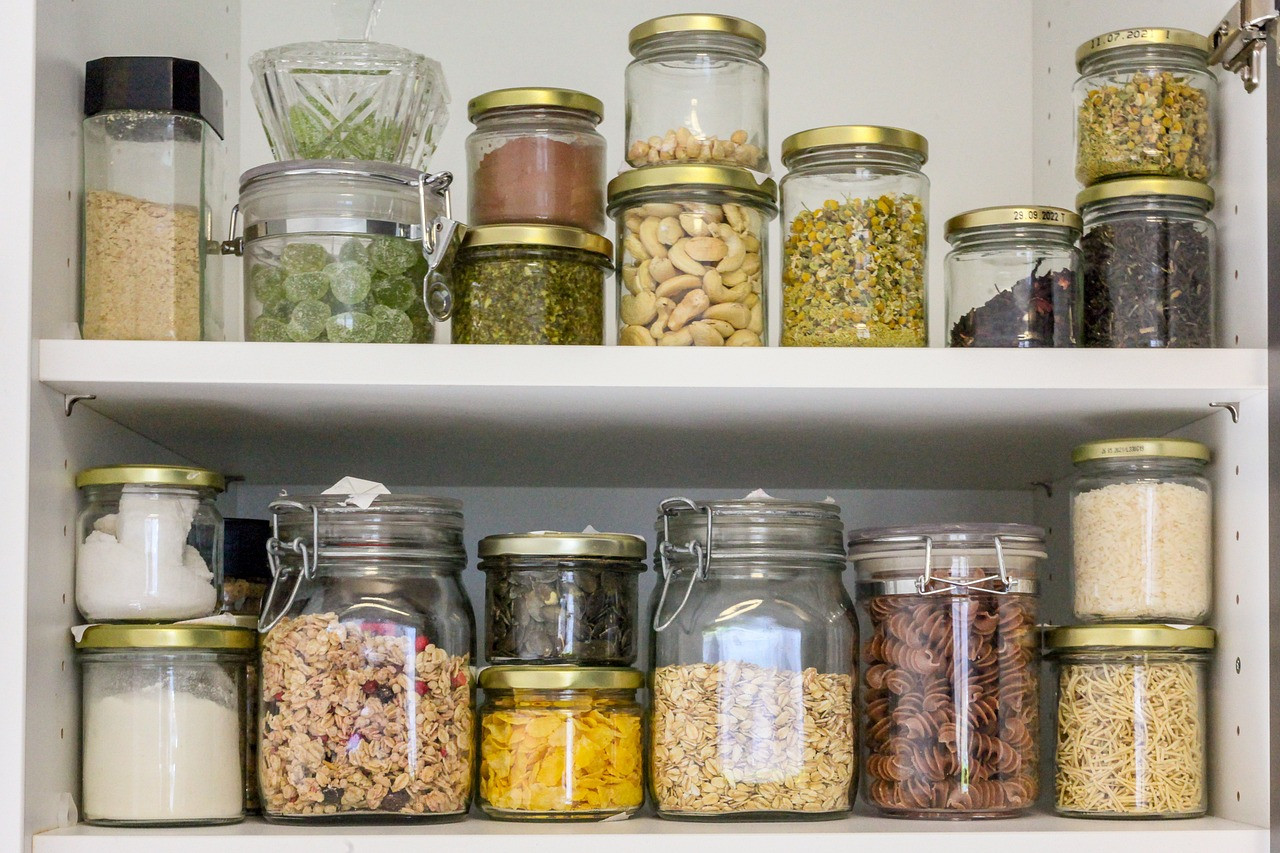


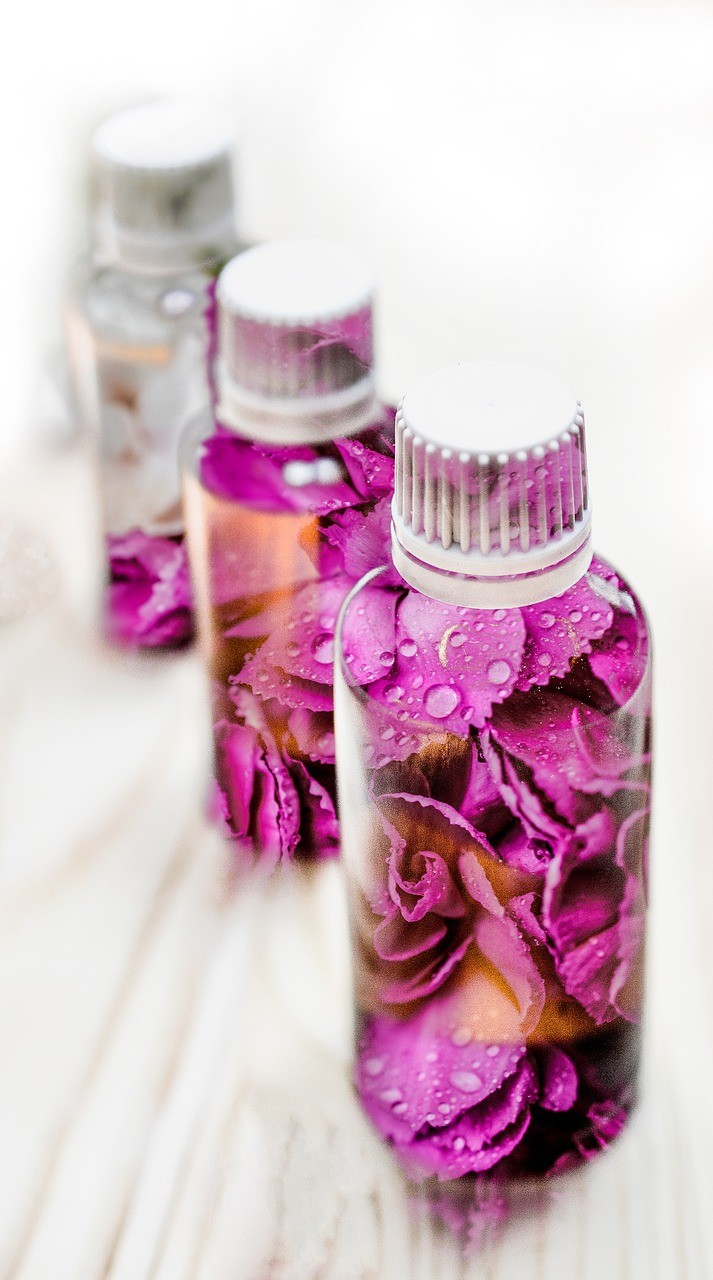
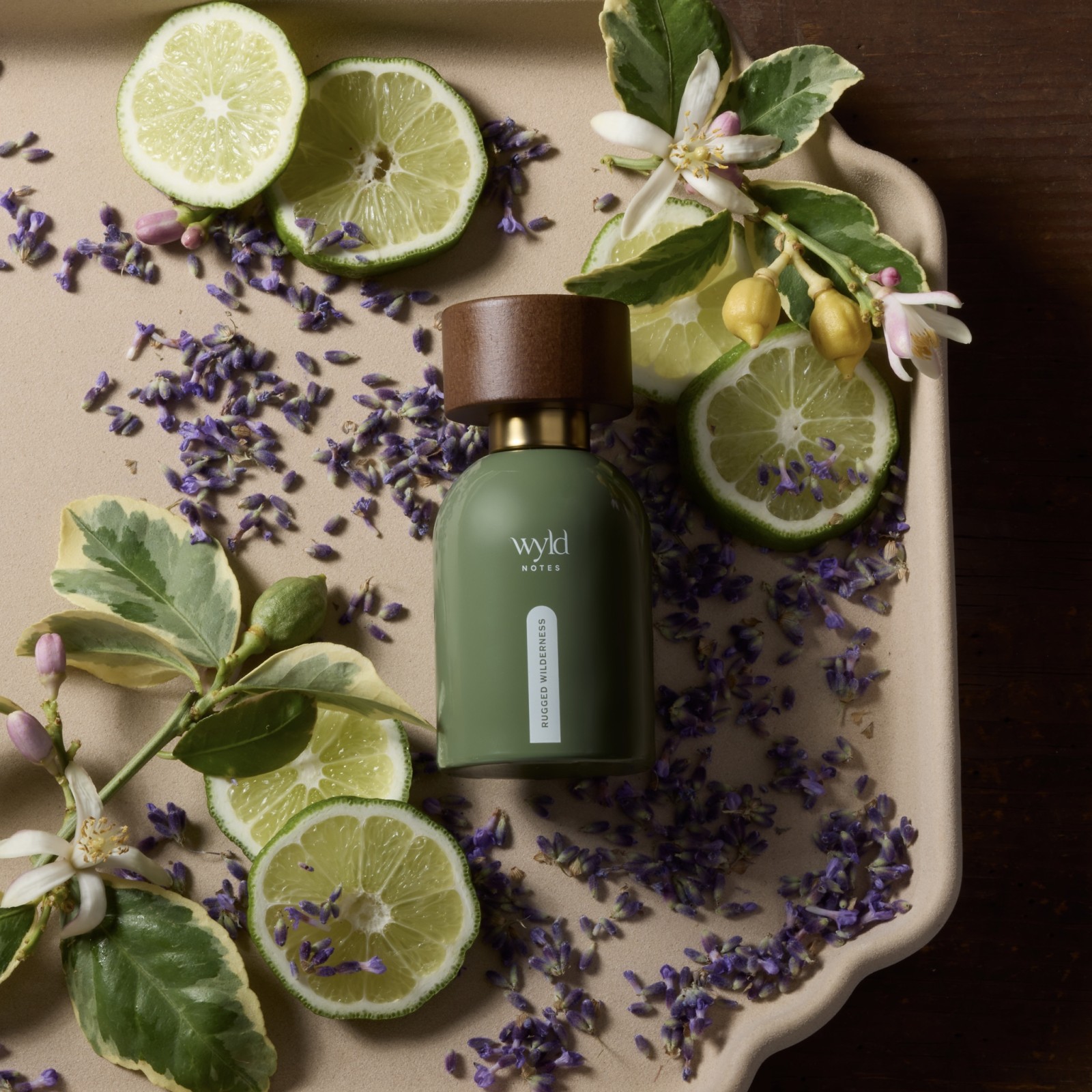



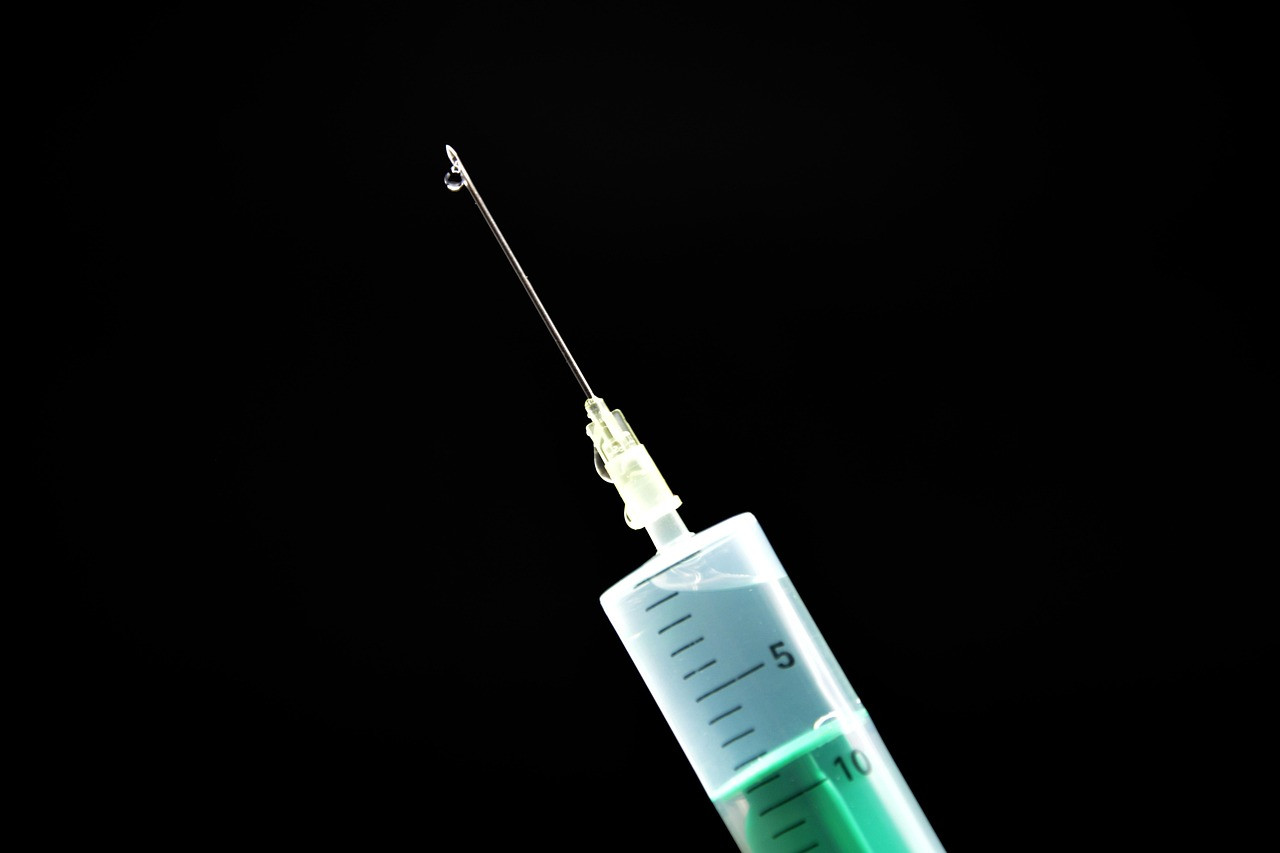
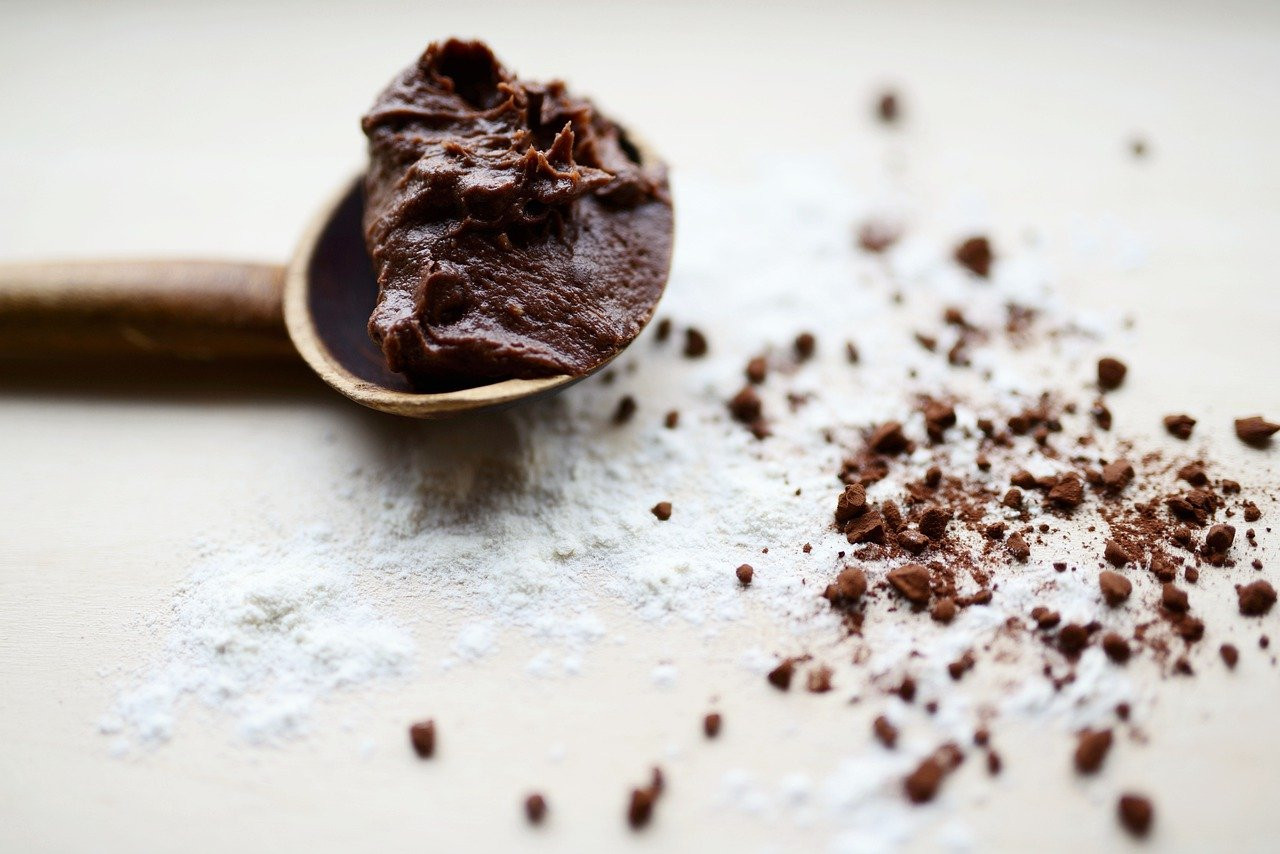
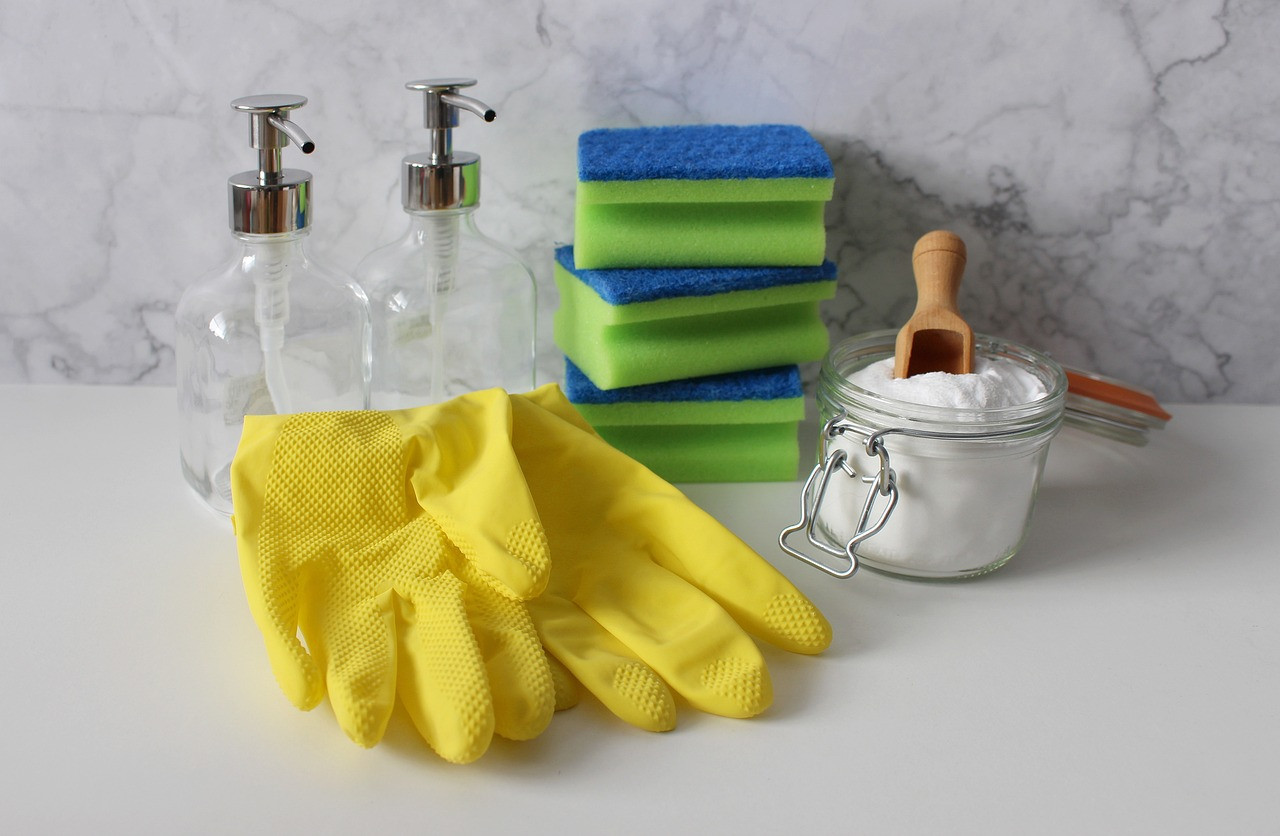

0 Comments